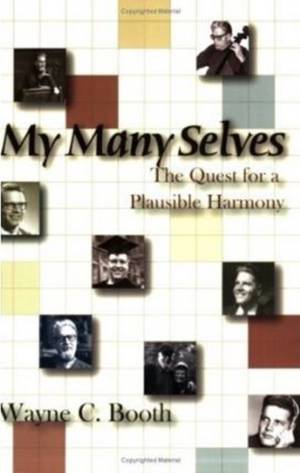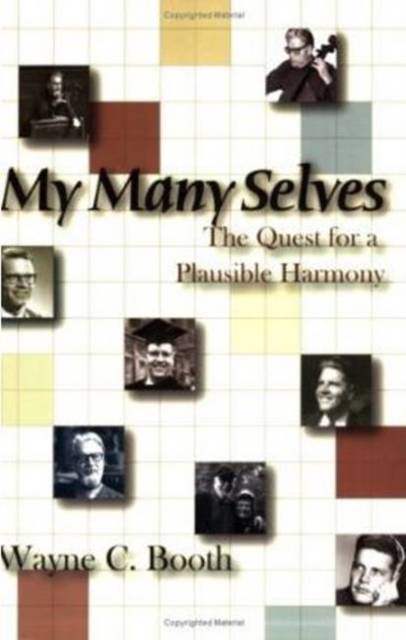
- Retrait gratuit dans votre magasin Club
- 7.000.000 titres dans notre catalogue
- Payer en toute sécurité
- Toujours un magasin près de chez vous
- Retrait gratuit dans votre magasin Club
- 7.000.0000 titres dans notre catalogue
- Payer en toute sécurité
- Toujours un magasin près de chez vous
Description
In his autobiography, My Many Selves, Wayne C. Booth is less concerned with his professional achievements---though the book by no means ignores his distinguished career---than with the personal vision that emerges from a long life lived thoughtfully. For Booth, even the autobiographical process becomes part of a quest to harmonize the diverse, often conflicting aspects of who he was. To see himself clearly and whole, he broke the self down, personified the fragments, uncovered their roots in his experience and background, and engaged those selves and experiences in dialogue. Basic to his story and to its lifelong concern with ethics and rhetoric was his Mormon youth in rural Utah. In adulthood he struggled with that background, abandoning most Mormon doctrines, but he retained the identity, ethical questions, and concern with communication that this upbringing gave him.
The uncommon wisdom and careful attention that empower Wayne Booth's many other books cause My Many Selves to transcend its genre, as the best memoirs always do. The book becomes a window through which we who read it will see our own conflicts, our own ongoing struggle to live honestly and ethically in the world.
Wayne Booth died in October 2005, soon after completing work on this autobiography.
Spécifications
Parties prenantes
- Auteur(s) :
- Editeur:
Contenu
- Nombre de pages :
- 336
- Langue:
- Anglais
Caractéristiques
- EAN:
- 9780874216318
- Date de parution :
- 01-01-06
- Format:
- Livre broché
- Format numérique:
- Trade paperback (VS)
- Dimensions :
- 151 mm x 229 mm
- Poids :
- 467 g

Les avis
Nous publions uniquement les avis qui respectent les conditions requises. Consultez nos conditions pour les avis.






